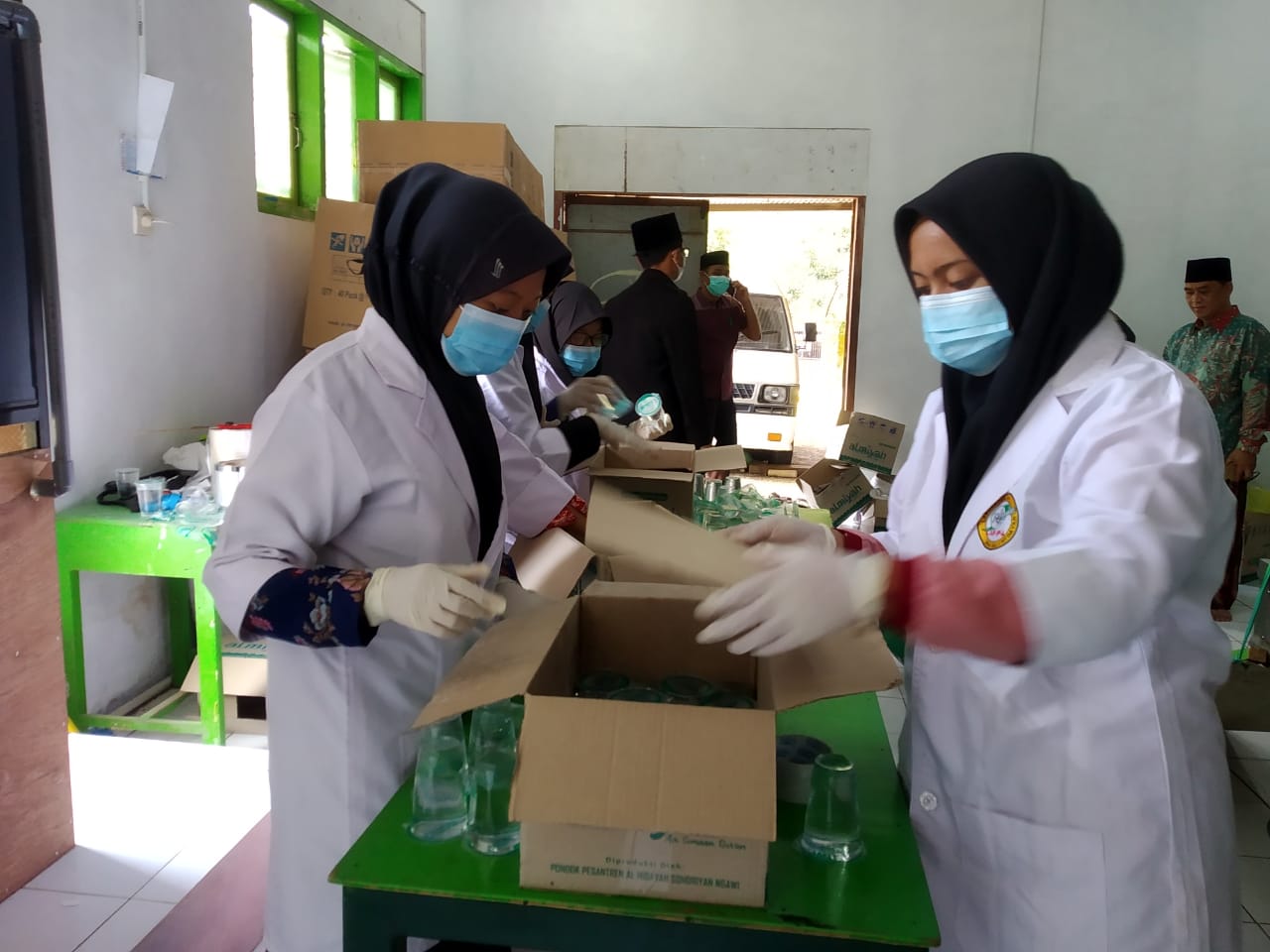Initiatives from Bank Indonesia for the betterment of microeconomics encompass the dimension of Islamic finance, which then also reach the business aspects. Awareness of the opportunities held in the Moslem niche markets triggers the emergence of pesantren business units. Pesantren that already have business units then initiates a nation-scale cooperation to accommodate business cycles from raw materials to finished products. Hebitren is formed as a platform for pesantren community to take advantage of those opportunities.
Hebitren is an initiative of business cooperation, initiated by pesantren throughout Indonesia. External partners involved in Hebitren come from various backgrounds including the Ministry of Religion, Ministry of Industries, Banks and Universities. There are various models of businesses run by pesantren, such as pesantren cooperatives, minimarkets or trades, farms and fisheries, garments, services, culinary businesses and process industries. The majority of those businesses have not yet been properly organized nor managed.
The vastness of pesantren throughout Indonesia with their great quantity of resources should enable them to form some kind of network, which is capable of taking advantage of the opportunities they have toward economic self sustainability, for the sake of achieving SDGs. In the establishment of pesantren business unit cooperation holdings, there is a need for an institution, which produces output that accommodates the common necessities of pesantren businesses. The unification of inter-pesantren businesses economic powers is in accordance with the purpose of business synergy and pesantren education quality improvement.
Business cooperation between pesantren will help the realization of SDGs, including the following implementations: (1) Entrepreneurship education quality improvement for santri in the line of business management. (2) Creating jobs through pesantren business units (3) Some pesantren businesses work in the line of micro-finance that aims for the development of SMEs. (4) Technology transfer in the management of pesantren businesses units. (5) The creation of supply and demand between pesantren businesses on a national scale for the purpose of market expansion. (6) The integration of diverse stakeholders to reach the cooperation goals. (7) Creating solid, sustainable institution of pesantren business. These implementations are in accordance with the purpose of SDGs 4 (Quality education), SDGs 1 (No poverty), SDGs16 (Peace, justice and strong institutions), and SDGs 17 (Partnership for the goals)
Author: Dr. IRHAM ZAKI , S.Ag., MEI





